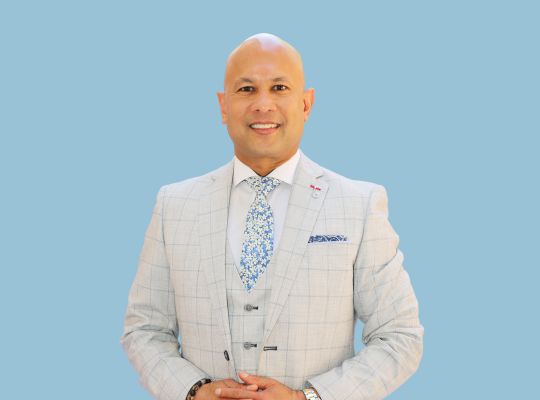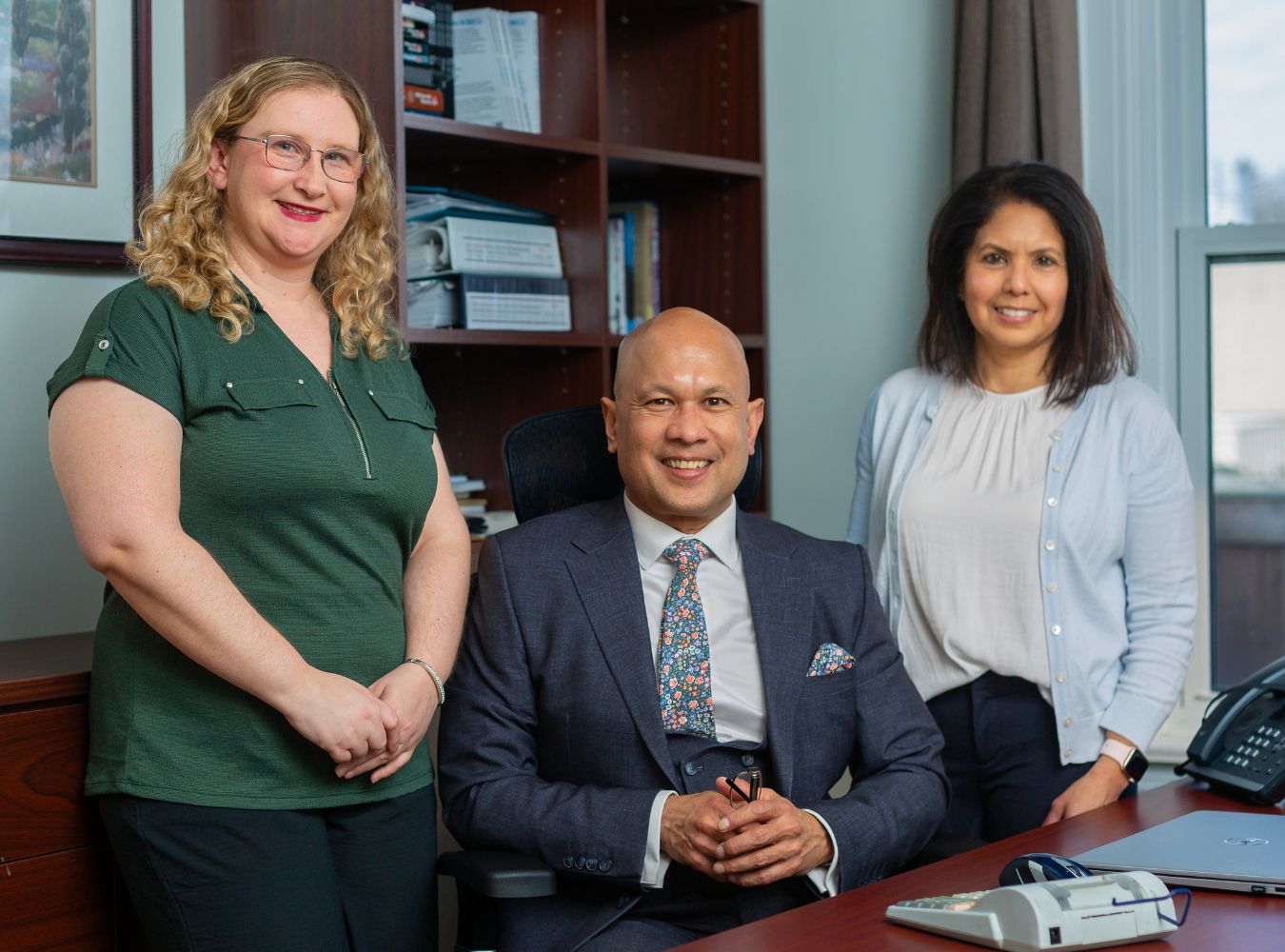info@themds.ca
Email Address
57 Kenneth Ave., Oshawa
Office Location
Email Address
Office Location
Finding the right mortgage shouldn’t be stressful. At The Mortgage Doctors, our licensed mortgage brokers help clients across Oshawa, Whitby, Ajax, Pickering, Courtice and the entire Durham Region secure the best mortgage rates and tailored financing solutions from more than 50 trusted lenders.
With 50+ years of combined experience and deep knowledge of the local market, we make your mortgage journey simple, transparent and personalized to your financial goals.
At The Mortgage Doctors Oshawa, our licensed team brings over 50 years of combined experience helping clients across Oshawa, Whitby, Ajax, Pickering, and the entire Durham Region secure the right mortgage solutions. We work with over 50 trusted lenders to find the best rates and options for your unique needs.
Whether you’re a first-time homebuyer in Oshawa, renewing your mortgage in Whitby, refinancing in Ajax, or need solutions as a self-employed borrower, our experienced mortgage brokers provide personalized, client-focused advice.
We understand every financial situation is different, which is why we take the time to listen, guide, and support you through the process. From the first consultation to closing day, we’re here to make your mortgage journey simple, transparent, and stress-free.

Trusted Mortgage Brokers Near You
Rates are an important part of mortgage financing. Let us get you the best rate.
Interested in getting started on your mortgage? Complete our secure online application today!
Take advantage of our mortgage calculators to find out what you can realistically afford.
A recent CMHC survey indicates that 40 percent of first time home buyers use mortgage brokers. Potential home buyers do their research before they make a decision. We make it easy to get pre-approved online. Mortgage brokers traditionally offer competitive rates, so using a mortgage broker will save you time and money.
Mortgage guidelines for self employed individuals looking to obtain mortgage financing have become stringent. Despite the stringent guidelines, it is still possible for self employed individuals to purchase homes.
These individuals must meet the following requirements: A minimum down payment of 10 percent; Excellent credit; Income demonstrating the ability to carry the mortgage.
At present homeowners in Canada can refinance up to 80 percent of the appraised value of the subject property. Here are some reasons why, our clients refinance their mortgage: Renovations and upgrades; Debt consolidation; Investments; Post secondary education; Increase cashflow; Spousal buyout.
Is your mortgage coming up for renewal in the next 3-6 months? If the answer to this question is “yes,” then this may be a great opportunity for you to speak to a mortgage expert to explore other options that may be available to you.
See What Our Clients Say
Free No Obligation Consultations
50 years of Combined Experience
Educate & Provide Information
Commitment to Our Clients, Lenders & the Community
Award winning

At The Mortgage Doctors Oshawa, we pride ourselves on being the valued partner for clients who need mortgage financing. For our team, customer service is a top priority and we believe that educating clients and providing information to enable them to make informed decisions is key. The numerous regional and national awards that we have been awarded over the years, is a testament of our dedication to our clients, lender partners and community.
Contact our office at (905) 404-8001 or (866) 452-1100 (toll free), to schedule a free, no obligation consultation now!
Don't Miss Out On
Oshawa, Ontario L1G 5N3
(905) 404-8001
(866) 452-1100
info@themds.ca

The Mortgage Doctors – trusted experts for mortgages, refinancing & investments. Get tailored solutions, expert advice & access to top lender rates.
We serve clients in; Oshawa, Whitby, Ajax, Pickering, Bommanville, Courtice, Toronto (GTA), Scarborough, Markham, North York, Kawartha Lakes, Peterborough, Trent Lakes, Fenelon Falls, Haliburton, Minden, Lindsay, Selwyn & All Across Ontario
© 2025 The Mortgage Doctors Inc. | Designed By Crown Marketers